Platforms for artificial intelligence have fundamentally altered the manner in which enterprises develop and scale the deployment of new applications. A new type of enterprise software known as AI platforms has emerged to address the challenges of successfully developing and operating artificial intelligence (AI) systems in a short amount of time while simultaneously reducing overhead expenses.
The technology is now more accessible than it has ever been before because to artificial intelligence platforms, which make it easy for businesses to construct and maintain machine learning models at scale. This new possibility has larger repercussions for businesses, allowing them to establish themselves in a variety of different industries.
Discover the Best AI Platforms for Making Your Apps in 2024
For the purpose of designing your own applications, I will examine the top artificial intelligence platforms in this article. It is important to keep in mind that the selection of the technological stack for the construction of an artificial intelligence platform is contingent on a number of aspects, including scalability, performance, cost, and user needs. Following the presentation of the platforms, I will then go on to highlight the advantages of artificial intelligence platforms and explain why it is essential for businesses to have them in order to maintain their competitive edge in the digital world.
Amazon AI Services
Machine learning (ML) and artificial intelligence (AI) have both seen remarkable breakthroughs at Amazon Web Services (AWS), which offers a comprehensive suite of services, infrastructure, and tools to assist clients throughout their ML adoption journey. Predictions using fresh data, cloud hosting of trained models, and large-scale machine learning model training have all been made possible by the AWS AI platform. Customers of AWS’s AI platform training service have a lot of options when it comes to personalisation. They can activate distributed training, alter hyperparameters, speed up operations using GPUs and TPUs, and choose from a range of machine types for training tasks. Users are allowed to provide predictions based on learned models through the AWS AI platform’s prediction service, regardless of whether the model was trained on the platform or not. Debuting their “Bedrock” suite of generative AI tools was one of the most recent announcements made by Amazon. Users of Amazon Web Services (AWS) may find Bedrock, a suite of generative AI tools, useful when developing chatbots, making and categorising images in response to user input, and producing and summarising text.
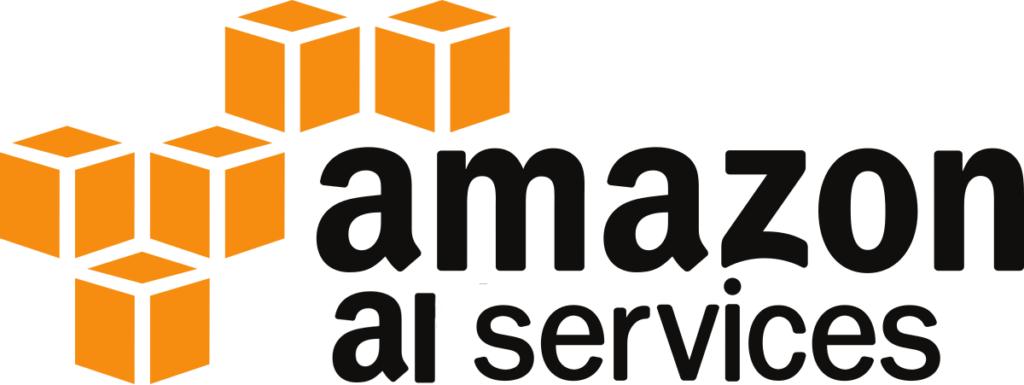
TensorFlow
TensorFlow, an open-source framework developed by the Google Brain team, has evolved into a comprehensive platform for machine learning, capable of managing every phase of the workflow. Its versatility is showcased through an array of features, including pre-trained models and tools designed to streamline model building, thereby facilitating the development of scalable and production-ready machine learning models. With the advent of TensorFlow 2, the framework has seen significant improvements, such as enhanced support for distributed training, compatibility with Python 3.7, and the simplification of APIs, making the transition from TensorFlow 1 more user-friendly. TensorFlow Enterprise, another robust offering, is tailored for businesses, providing heightened performance, reliability for AI applications, along with managed services and expert support. Additionally, TensorFlow I/O extends the framework’s capabilities by integrating support for a wide range of file systems and types, making it a valuable asset for tackling machine learning challenges that require advanced Dataset, streaming, and filesystem extensions beyond what is natively supported by TensorFlow.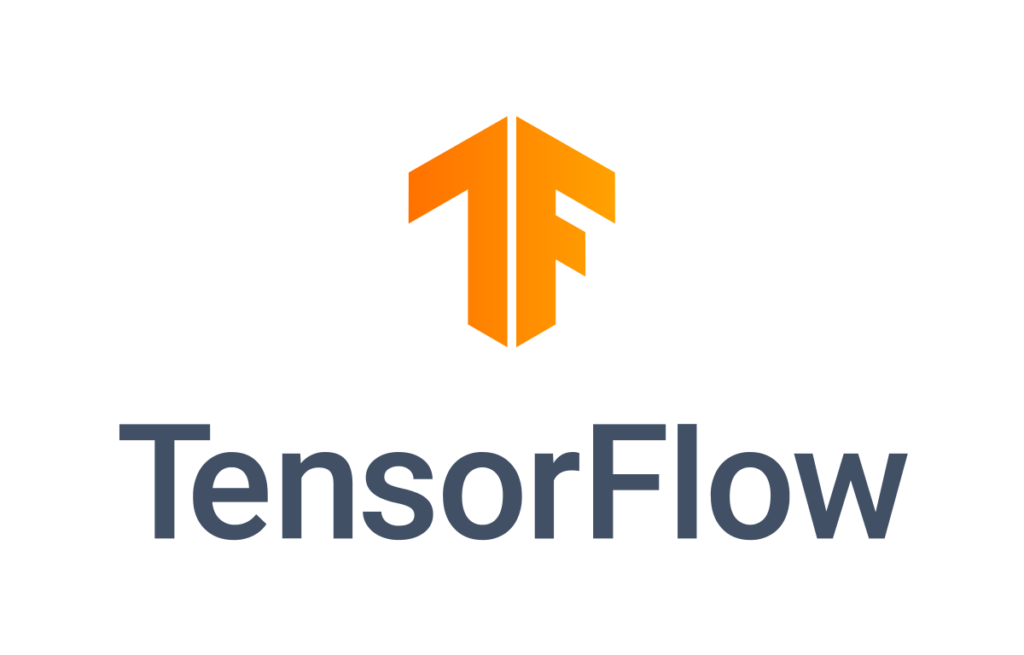
Google AI Services
Google AI Services on the Google Cloud Platform embodies a revolutionary approach to machine learning and artificial intelligence. By leveraging these services, users gain the ability to make sophisticated predictions using models hosted on the cloud, streamlining complex tasks through an intuitive REST API designed for model, task, and version management. The platform excels in offering flexibility for model training, allowing users to select from various machine types, utilize distributed training, and accelerate processes with GPUs and TPUs. The integration with the Google Cloud console further simplifies the management of machine learning resources, empowering users with a graphical interface that is both powerful and easy to use. Furthermore, the seamless connection with Google Cloud’s ecosystem, including Cloud Logging and Cloud Monitoring, ensures that users can maintain a high level of operational insight and efficiency. For those who prefer command-line tools, the Gcloud CLI stands ready to facilitate comprehensive management tasks, job submissions, and a plethora of other AI platform functionalities, embodying a holistic approach to artificial intelligence deployment in the cloud.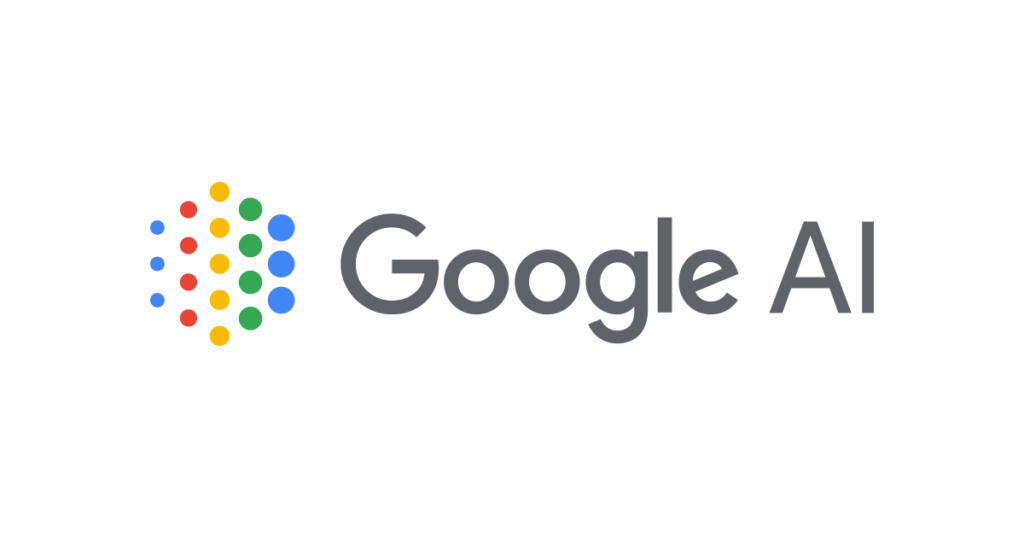
H2O
H2O.ai stands at the forefront of revolutionizing how businesses leverage machine learning (ML) and predictive analytics to drive operational efficiency and innovation. With its robust platform, H2O, the company offers an in-memory, scalable, and open-source solution that accelerates the development and deployment of ML models on vast datasets. Notably, H2O’s suite of algorithms, including advanced techniques like generalized linear models, deep learning, and gradient-boosted machines, provides a solid foundation for tackling complex predictive tasks. The platform’s high-speed, distributed computing power ensures rapid model training and inference, making it an ideal choice for enterprises wrestling with big data and challenging modeling requirements. Furthermore, H2O’s AutoML capability dramatically simplifies the model development process by automatically selecting the best algorithms and tuning hyperparameters, aiming to build the most accurate predictive models. This blend of speed, scalability, and automation positions H2O.ai as a pivotal tool for businesses striving to harness the power of machine learning to gain a competitive edge.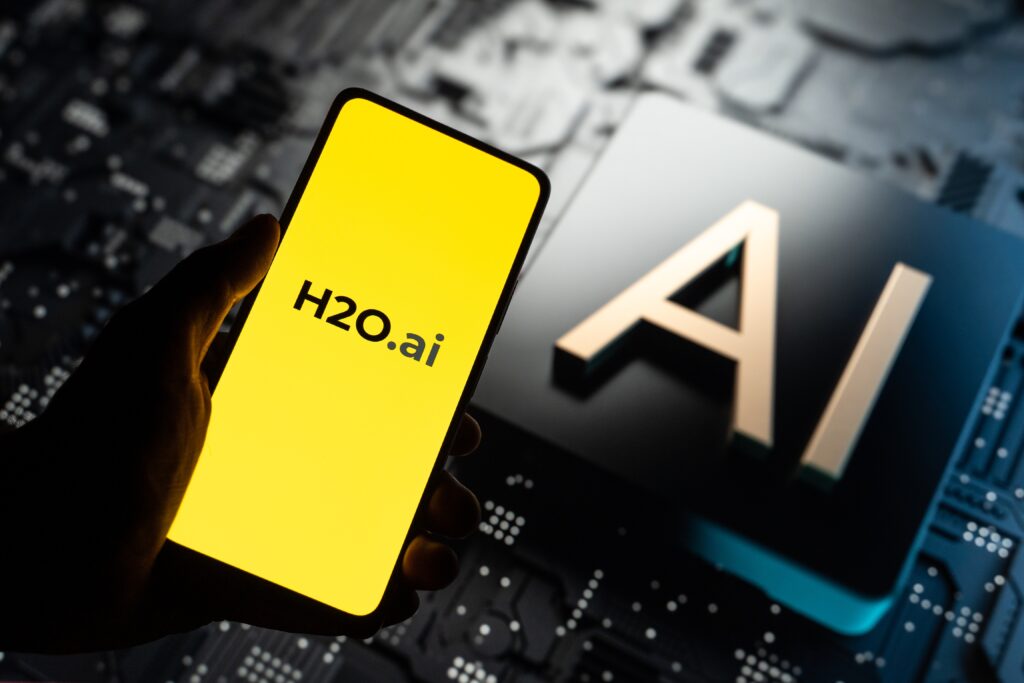
Petuum
Petuum stands at the forefront of AI technology, revolutionizing the way businesses implement and utilize artificial intelligence. With its pioneering composable, open, and flexible MLOps platform, Petuum empowers AI/ML teams to effortlessly scale and operationalize their machine-learning pipelines, ensuring a seamless integration of AI into business processes. This groundbreaking platform offers a user-friendly approach that allows even those with no programming or AI knowledge to leverage the power of the latest Large Language Models (LLMs) for automating processes, thus democratizing AI accessibility. The tangible impact of Petuum’s innovations is evident in the significant boosts in speed to market and productivity for AI/ML teams and resources, often surpassing a 50% increase. While exploring viable revenue models, Petuum is considering a licensing scheme that underscores its user-centric philosophy, allowing clients to pay based on usage. This strategy aligns with Petuum’s mission to provide value-driven AI solutions. Backed by a robust $108 million in funding from notable investors such as SoftBank, Tencent, Advantech Capital, Northern Light Venture Capital, and Oriza, Petuum is well-positioned to continue its trajectory of growth and innovation in the AI space.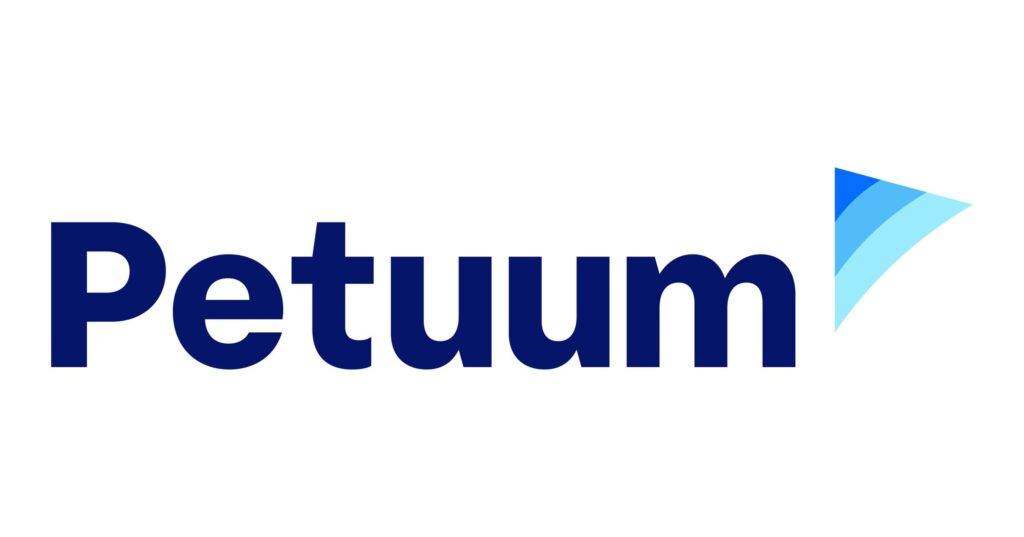
Polyaxon
Polyaxon stands out as a powerful tool in the landscape of machine learning and deep learning development. By providing a comprehensive platform that simplifies the management of machine learning models at scale, Polyaxon enables researchers and engineers to fine-tune their models more efficiently than ever before. Its ability to automatically track and manage crucial components of model development, from metrics and hyperparameters to version control of code and data, streamlines the experimentation process. With its feature-rich environment, including a workflow engine and an optimization engine, Polyaxon not only facilitates the organization of complex processes but also significantly improves model performance through automated tuning. The inclusion of a registry for component storage with robust access control adds a layer of security and governance, making Polyaxon a highly trusted tool for teams working on sensitive projects. The platform’s versatility, language and framework agnosticism, enhance its appeal to a wide spectrum of developers aiming to leverage cluster resources efficiently, whether on-premises or in the cloud.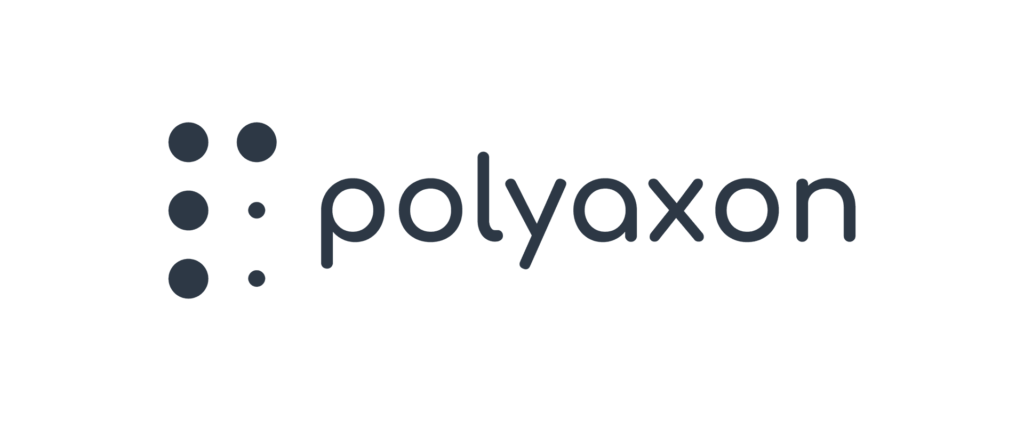
DataRobot
DataRobot stands out as a comprehensive AI platform that revolutionizes the way businesses approach artificial intelligence. It offers unmatched system interoperability and access to a dedicated team of AI specialists, ensuring that enterprises can fully leverage the advantages of AI technologies. The platform is designed to be open and holistic, facilitating a seamless AI lifecycle management. Its capabilities, including the ability to generate production-scale value, integration with various data platforms, and robust deployment infrastructure, empower organizations to enhance their existing technology investments. With DataRobot AI Cloud, the company’s cloud-based solution, users can effortlessly create, deploy, and manage machine learning models on the cloud. This feature democratizes AI, allowing a broad spectrum of users to automate complex tasks without the need for deep specialized knowledge, thus heralding a new era of efficiency and innovation in the business world.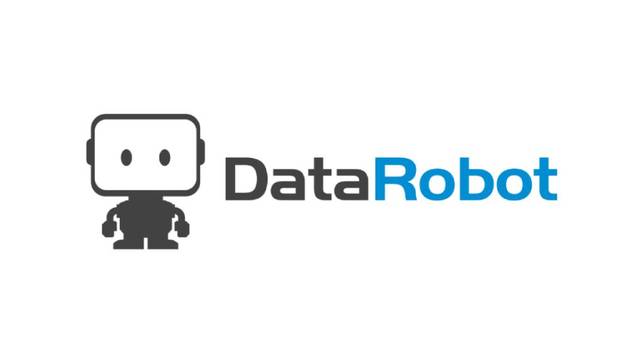
Neural Designer
Neural Designer stands out in the crowded field of data science and machine learning tools by offering an intuitive, no-code solution that simplifies the creation and deployment of AI-driven applications. Its emphasis on neural networks, backed by a user-friendly interface, ensures that users can easily harness the power of advanced analytics without the need for intricate coding or technical prowess. With features that range from automated machine learning to efficient model maintenance and effortless integration with various platforms, Neural Designer is engineered to streamline the machine learning process. Particularly notable is its energy-efficient operation, which represents a significant cost-saving advantage over competing platforms, especially during the resource-intensive process of training neural networks. Pricing varies based on several factors, including data volume, GPU usage, technical support level, and subscription duration, offering flexibility to meet the needs of diverse enterprise environments. Comprehensive support tailored to each license type further accentuates Neural Designer’s appeal, effectively providing users with the advantages of an in-house technical team.




Lascia una Risposta